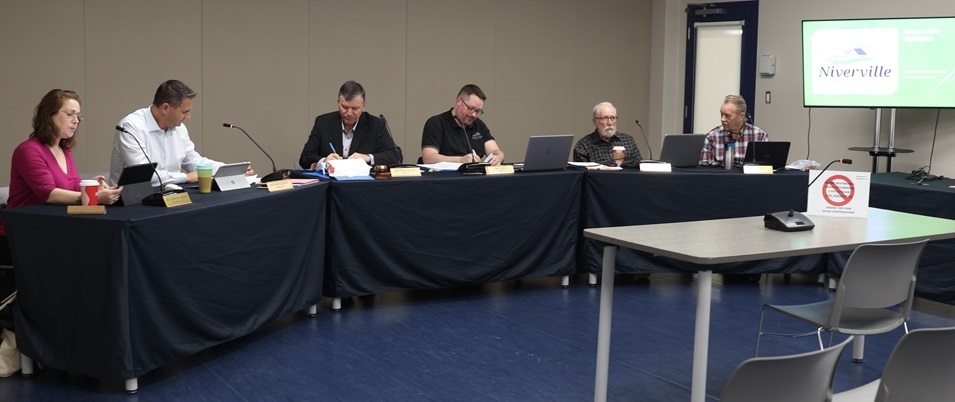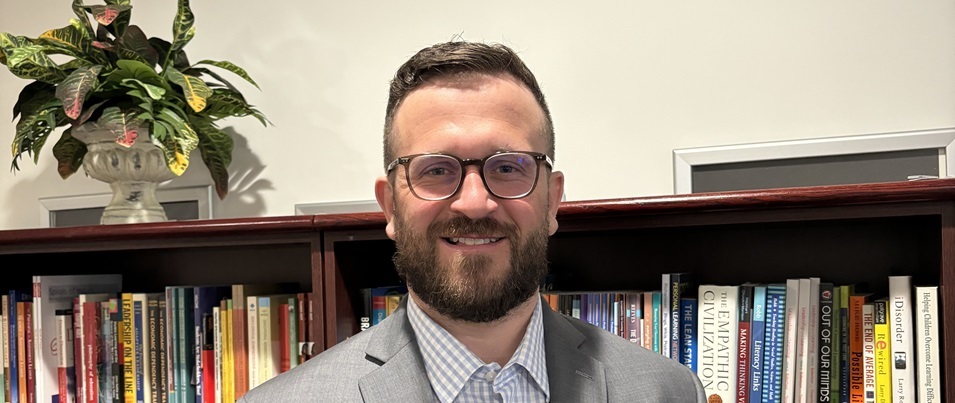
It seems you can’t buy an ear of corn these days without somebody giving you their opinion about how that corn was grown. A lot of people have a lot to say about genetically modified organisms (GMOs)—food in particular—and they’re not afraid to let you know what should and should not find its way to your dinner table.
But the heated rhetoric around the issue has one local farmer hoping to set the record straight about GMOs and what they mean to our food supply. Grant Dyck says there are a lot of myths and misconceptions out there about GM foods, and too often producers take unfair criticism without really being able to defend their product.
“Farmers get villainized,” says Dyck, adding that facts are sometimes no match for a celebrity- and social media-driven frenzy. “We can’t compete with Brad Pitt and Angelina. It’s hard for farmers to get the word out.”
The debate over genetic manipulation of food has raged since long before the internet made it the topic du jour, and the questions around the issue are not easy to grasp. Involved parties include the scientific community, governments and their regulatory agencies, multinational agrochemical and agricultural biotechnology corporations (“Big Ag” in the parlance of our times), non-governmental agencies, farmers, and you and me standing in the grocery aisle trying to decide what’s best for our family and our species.
Dyck isn’t exactly Big Ag, but his 14,000-acre Artel Farms is a big deal in our local community. In addition to the grain and oilseed operation, Dyck and his family operate several businesses, including manufacturing the popular Gorp Clean Energy Bars. Dyck is also the Manitoba Director of the Western Canadian Wheat Growers Association. He’s conducted a lot of research and says he approaches each new study with an open mind. That’s why he so passionately defends the food he and others produce.
So what does Dyck want us to know about GM foods?
Well, for starters, the scientific consensus is that they’re safe for human consumption.
“The World Health Organization has over 260 studies and not one has found an issue with GM,” says Dyck. “We have over a trillion meals served worldwide without a spec of detriment to human health.”
Indeed, thousands of independent studies back Dyck’s claims. Most recently, the National Academy of Science, an independent organization created by the U.S. Congress, released a report declaring GM foods to be safe for humans to eat.
Will that convince everybody? No. We all have that anti-vaccination Facebook friend who can’t be budged off their viewpoint no matter how many studies come out backing up the benefits of immunization. The anti-GMO crowd often discredits these studies, usually by questioning who funded the research. But in spite of these passionate protests, science vouches for the safety of genetically modified foods.
Dyck points out that although this might seem like modern science, the process of plant manipulation has been ongoing for centuries. That’s why we have thousands of varieties of apples, for instance.
So just what is a genetically modified food? This one is actually pretty simple.
A GM food is a food derived from organisms whose genetic material (DNA) has been modified in a way that does not occur naturally. This involves the introduction of a gene from a different organism. The idea is to improve yield by making the plant more resistant to disease and pests and to give it an increased tolerance to herbicides.
Let’s also not forget that organic foods don’t come without risk. Food grown without the use of pesticides are vulnerable to harmful fungi, bacteria, and insects. It’s not that organic food is bad. It’s just that there’s no reason to think it carries less risk than genetically modified crops.
Still, advocacy groups with concerns about GMOs still raise some points that many consider valid. Like, shouldn’t this stuff be labelled so people know what they are eating?
In many countries, genetically modified foods are required to be labelled as such. Not so in Canada or the U.S. Although there has been no evidence to suggest GMO foods are more harmful to us humanly types than non-GMO foods, many feel there should be some distinction in the marketplace so consumers can take control of their purchasing decisions.
Dyck doesn’t entirely disagree. “Even though it would cost the food industry half a billion dollars, it would let people know that 80 percent of what they find on the shelves has had and will have an element of GM in it.”
So what about the environmental concerns about GMOs? The science is less clear. Many blame GMOs for the worldwide decline of the honeybee population. But much research points to other factors, and in fact the bee population is plummeting in regions where GMO use is banned.
What Dyck would most like is for people to get the facts from reputable sources before making their decision about genetically modified foods. Five minutes on Google can be more informative than a full day of Dr. Oz and other celebrity-driven pseudoscience.
“Just educate yourself,” concludes Dyck. He’s confident that the science is on his side.




















